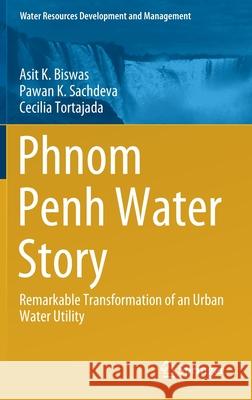Phnom Penh Water Story: Remarkable Transformation of an Urban Water Utility » książka
topmenu
Phnom Penh Water Story: Remarkable Transformation of an Urban Water Utility
ISBN-13: 9789813340640 / Angielski / Twarda / 2020 / 153 str.
Phnom Penh Water Story: Remarkable Transformation of an Urban Water Utility
ISBN-13: 9789813340640 / Angielski / Twarda / 2020 / 153 str.
cena 362,27
(netto: 345,02 VAT: 5%)
Najniższa cena z 30 dni: 346,96
(netto: 345,02 VAT: 5%)
Najniższa cena z 30 dni: 346,96
Termin realizacji zamówienia:
ok. 16-18 dni roboczych.
ok. 16-18 dni roboczych.
Darmowa dostawa!
Kategorie:
Kategorie BISAC:
Wydawca:
Springer
Seria wydawnicza:
Język:
Angielski
ISBN-13:
9789813340640
Rok wydania:
2020
Wydanie:
2021
Numer serii:
000314332
Ilość stron:
153
Waga:
0.43 kg
Wymiary:
23.39 x 15.6 x 1.12
Oprawa:
Twarda
Wolumenów:
01
Dodatkowe informacje:
Wydanie ilustrowane











